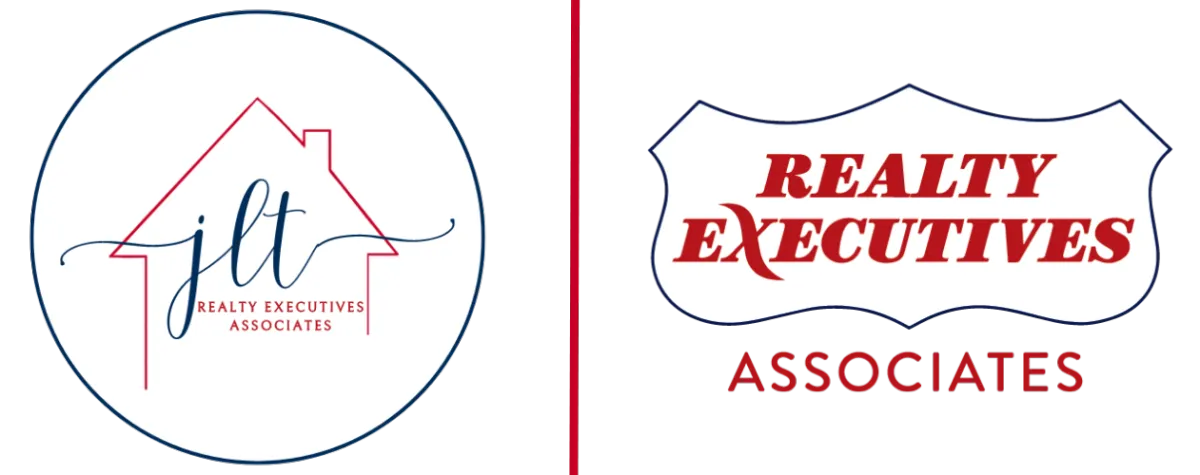How Much Is Your Home Worth?

Selecting the Right Home Inspector: Your Guide to Confident Homebuying
When you’re buying a home, one of the most important steps is hiring the right home inspector. A thorough inspection can reveal hidden issues, from structural problems to safety concerns, and help you avoid costly surprises later. In this blog, we’ll walk you through how to choose a reputable home inspector and the key factors to consider for a stress-free homebuying experience.
1. Check for Proper Licensing and Certification
The first step in selecting a reliable home inspector is to verify their credentials. Ensure that the inspector is licensed to perform inspections in your area, as licensing requirements vary by state. Additionally, certifications from well-known organizations like the International Association of Certified Home Inspectors (InterNACHI) or the American Society of Home Inspectors (ASHI) show that the inspector is committed to maintaining high industry standards.
2. Experience Counts: Look for a Proven Track Record
Home inspection isn’t a one-size-fits-all job. Make sure the inspector has plenty of experience, especially with homes similar to the one you’re considering. A seasoned inspector will be adept at spotting issues that a less experienced one might overlook. Ask for details about their experience in inspecting homes of similar age and condition.
3. Ask for References from Past Clients
A trustworthy home inspector should be able to provide you with references from previous clients. Don’t hesitate to ask for contact details and reach out to these past clients to get a sense of the inspector’s professionalism and thoroughness. Word-of-mouth feedback is invaluable!
4. Review Sample Inspection Reports
Before committing, ask for a sample of the inspector’s previous work. A good home inspection report should be detailed, clear, and easy to understand. It should include photos, descriptions of any problems found, and suggestions for repairs. A well-organized report will make your life easier when reviewing the findings.
5. Make Sure They’re Insured
Ensure your home inspector carries professional liability insurance. This provides protection in case something goes wrong during the inspection, giving you peace of mind. You don’t want to be left in the lurch if an oversight occurs.
6. Understand the Inspector's Process
A reputable home inspector should be transparent about the steps they take during an inspection. Ask about the areas they will examine, such as the roof, plumbing, electrical systems, and foundation. If you’re concerned about specific issues like mold or radon, ask if these tests are included or available as add-ons.
7. Ensure Objectivity in Their Evaluation
The best home inspectors are impartial and objective. Make sure your inspector doesn’t have ties to any real estate agents or other parties that might influence their findings. The goal is an unbiased, thorough evaluation of the property’s condition.
8. If Possible, Attend the Inspection
Whenever possible, attend the home inspection. This gives you the chance to ask questions on the spot and get a better understanding of the inspector’s findings. It also allows you to ask for clarification on anything that’s unclear, which can help you make an informed decision about your purchase.
9. Look for Strong Communication Skills
One of the most important traits of a good home inspector is clear communication. Choose an inspector who can explain technical issues in a way you’ll easily understand. After all, the inspection is only useful if you know exactly what’s wrong (or right) with the property!
10. Compare Multiple Inspectors
It’s always a good idea to interview and compare a few different inspectors. Don’t settle for the first one you find—different inspectors may offer varying prices, services, and levels of detail. By comparing a few options, you can choose the inspector who best meets your needs and budget, ensuring you're getting the best value for your investment.
In Conclusion: Confidence in Your Homebuying Decision
Selecting the right home inspector can make all the difference in your homebuying experience. By verifying credentials, checking for experience, reviewing sample reports, and ensuring clear communication, you can be confident that your inspector will provide the insights you need. Don’t hesitate to ask for recommendations from your real estate agent or friends and family who’ve been through the process.
Ultimately, the right inspector helps you make an informed, confident decision when purchasing your new home.
Disclaimer: We are not financial advisors, accountants, loan officers, or mortgage brokers. Please consult with a qualified financial professional to understand your specific needs.





